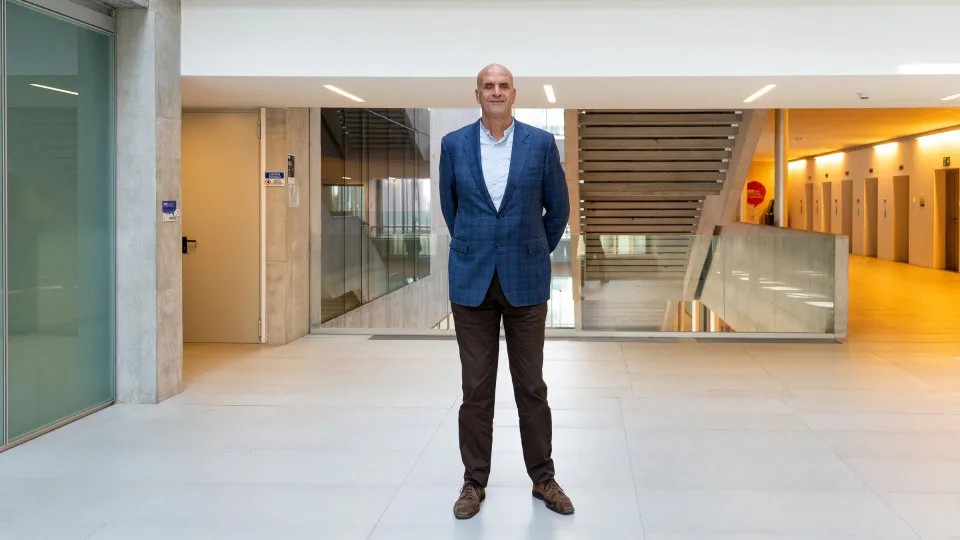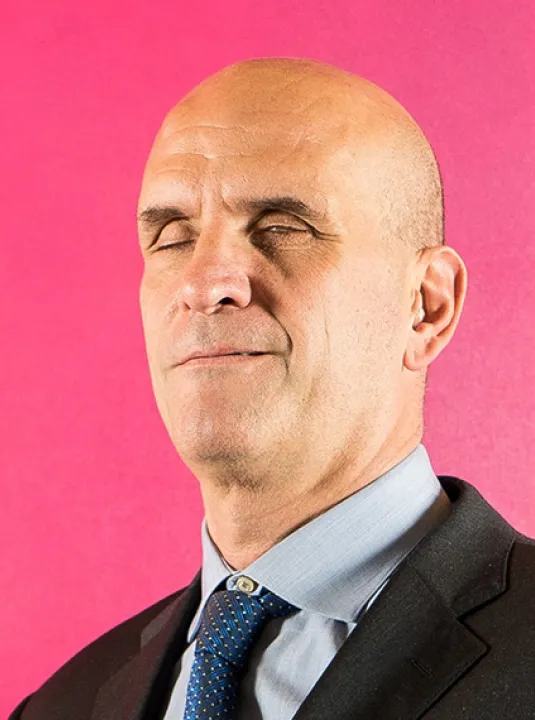
Corruption Helps Extremists Win
Corruption, as we know, undermines citizens’ trust in institutions. But what a study recently published in the Journal of Development Economics demonstrates with surprising clarity is that it is mainly moderate opposition parties that pay the price for this mistrust. When a scandal emerges, votes are not dispersed: they become radicalized. And they do so systematically and asymmetrically, strengthening the extreme wings of the political spectrum. This is the thesis put forward in the paper “Corruption and Extremism” by Massimo Morelli (Bocconi) and co-authors Attila Gáspár (Centre for Economic and Regional Studies, Hungary), Tommaso Giommoni (University of Amsterdam), and Antonio Nicolò (University of Padua), which analyzes two emblematic cases—Indonesia and Brazil—to demonstrate causally how the perception of corruption increases support for extremism, but almost exclusively among voters who perceive themselves to be in opposition. “Majority parties have a lot to lose by supporting radical candidates: they are closer to power and aim for governability,” explains Massimo Morelli, full professor of Political Science and Economics. “Minority voters, on the other hand, feel left out of the game and have less to lose: voting for an extremist is seen as a form of investment against a system they perceive as irredeemably corrupt.”
Indonesia: Islamist rise in minority villages
In Indonesia, the authors analyze two electoral cycles, one immediately after democratization (1999–2004) and one more recent (2014–2019). The measure of extremism? The vote for Islamist parties (PKS, PBB, PPP). Signs of corruption come both from scandals reported in the media and official audits of local budgets. The results are unequivocal: in villages inhabited mainly by ethnic minorities (defined precisely thanks to census data), a sign of corruption leads to an increase in Islamist votes of up to +8.5 percentage points, equivalent to two-thirds of a standard deviation. Conversely, in areas dominated by majority ethnic groups, the same sign has no effect, or even reduces support for extremists. “The effect is not related to the fact that Islamists are perceived as more honest,” Morelli points out. “On the contrary, our model assumes that all candidates have the same probability of being corrupt. The point is that extremists, having nothing to lose, have more incentives to denounce and fight the corruption of the established power.”
Brazil: corruption under audit and votes at the extremes
The Brazilian case offers a further test bed. Here, radicalism is measured on both the right and left (with thresholds defined on the ideological axis from -1 to +1), and signs of corruption come from random federal audits conducted on municipalities. The experimental design is solid: election results in municipalities where the audit was published before the elections are compared with those where publication took place after. Here too, the effect is concentrated in “opposition” municipalities—those where the mayor is not politically aligned with the state governor. In these areas, an additional standard deviation in detected corruption increases the vote for extremist parties by between +4.3 and +12.1 percentage points.
A political model: rationality and opportunism
The analysis is based on a theoretical model that reproduces the strategic choices of voters and parties. In the presence of corruption, moderate majority voters prefer moderate candidates to ensure stability and continuity. Minority voters, on the other hand, have an incentive to vote for an extremist who can better monitor those in power who are corrupt, even at the cost of less political affinity. “Our work shows that extremism grows not only out of anger or ideology, but also out of strategic calculation on the part of minority voters,” explains Morelli. “It is a form of extreme delegation, motivated by mistrust.”
Global implications
The results are robust and replicated in different contexts—religious and ethnic in Indonesia, ideological in Brazil. The message is clear: corruption is a powerful accelerator of extremism, but it does not affect everyone equally. Where citizens feel excluded from power, they react with a choice that can destabilize the system as a whole. At a time when political polarization is advancing and extreme parties are gaining ground, this research provides a fundamental key to understanding when and why voters decide to break with the center and embrace the more radical wings.
